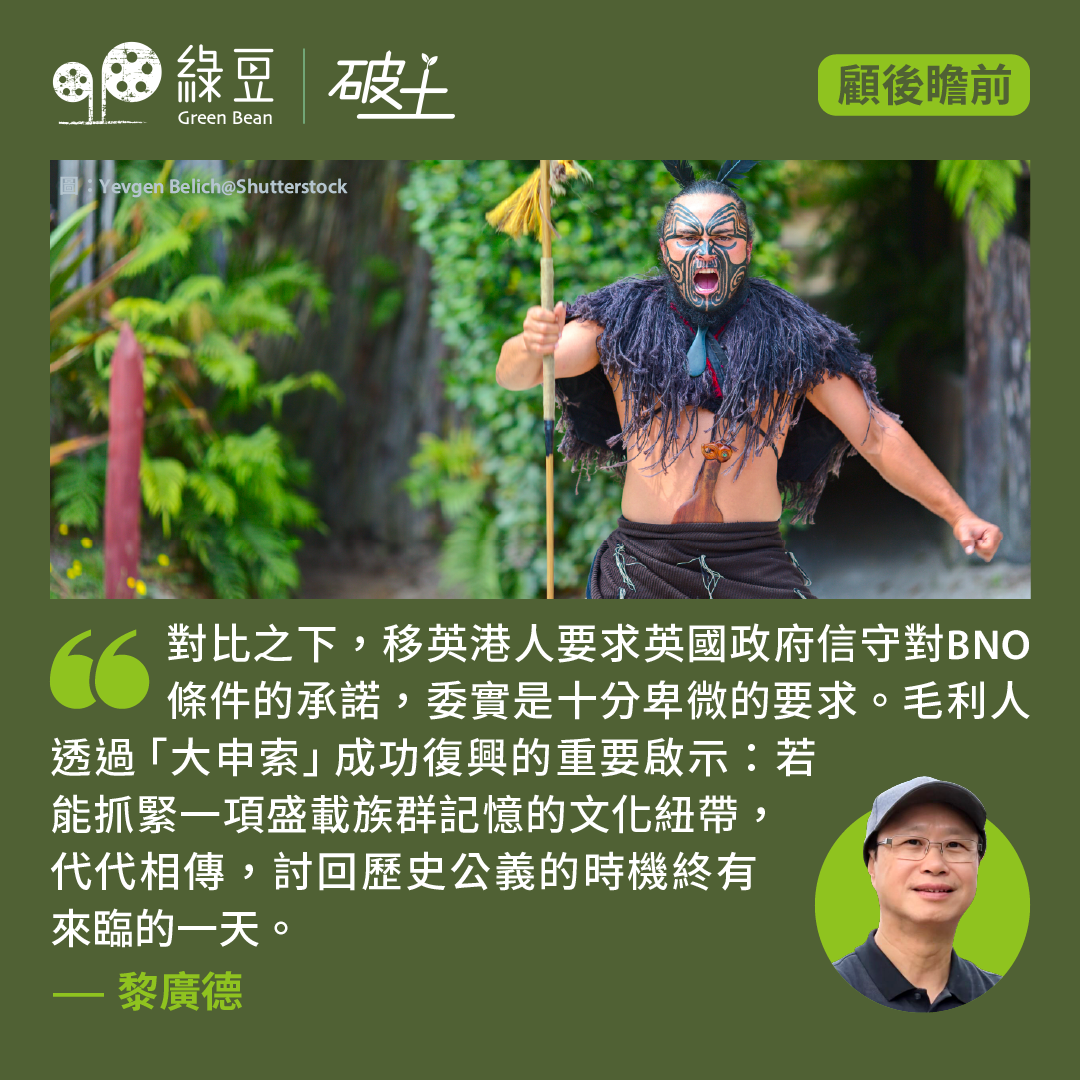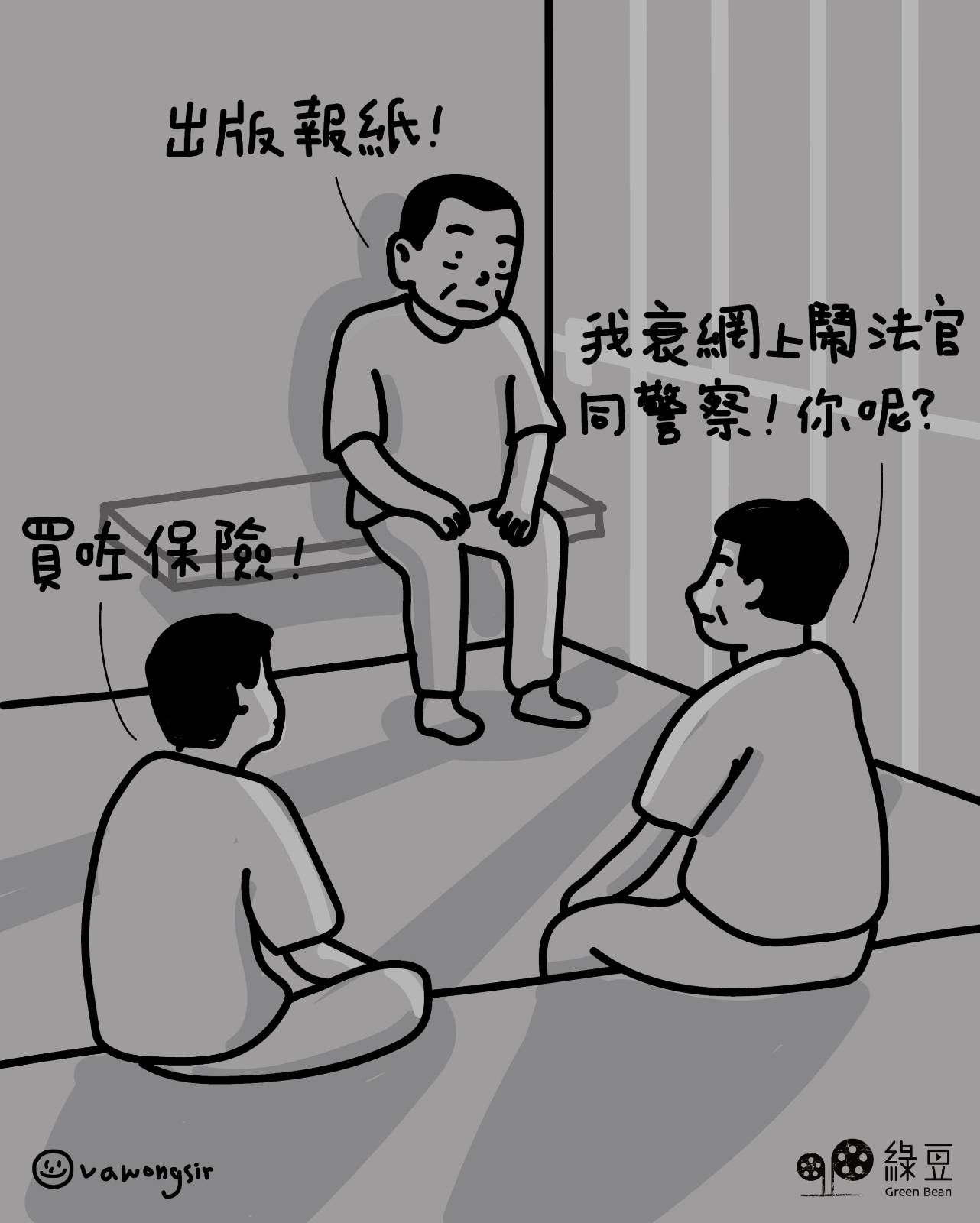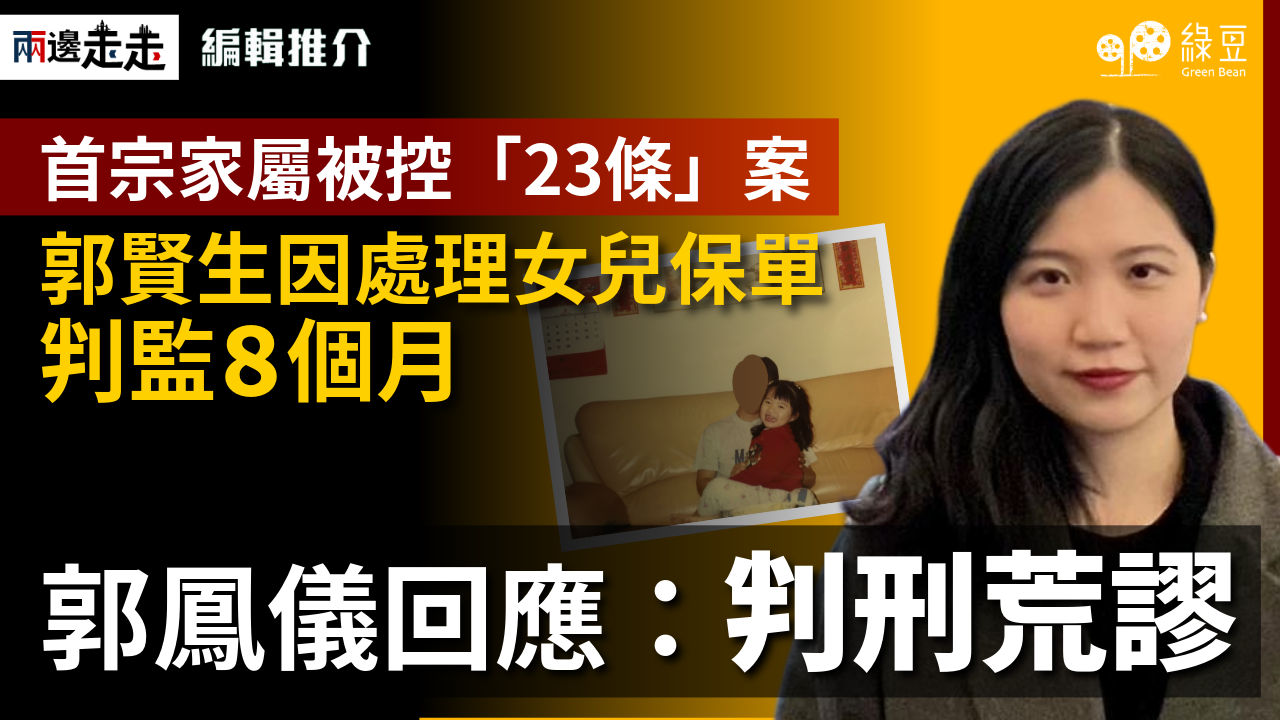China re-opening a mixed welcome in 2023

Chief Executive John Lee went in length to justify a sudden decision to lift a list of anti-Covid restrictions imposed since the outbreak of the pandemic featuring a vaccination pass and a set of social distancing rules at a press conference on Wednesday (28/12).
A list of six factors he has cited includes a community immunity mechanism built with more than 2.5 million people being infected; a high vaccination rate; anti-Covid medicines and public awareness of the importance of self-protection.
He did not mention one all-important factor: the China factor.
If not for Beijing’s reversal of its longstanding, much-acclaimed zero-infection strategy, the Lee administration would have kept sticking to what Lee described as a cautious approach in restoring normalcy in small steps.
Beijing’s policy reversal has effectively removed the political obstacle of Hong Kong’s anti-pandemic game plan.
On Boxing Day, China announced it will reopen borders and abandon quarantine after it downgrades its treatment of Covid-19 on January 8. It marks the last step in ditching three years of zero-Covid strategy and one big step towards living with the virus.
It followed the introduction of two packages of Covid-easing measures, first a 20-point plan in late November and then another dubbed as “new 10-point” on December 7.
The Boxing Day announcement was described by a Hong Kong Chinese-language newspaper Sing Tao Daily as a Christmas gift by China to the world.
But China is no Santa Claus to doubters and skeptics in the city and other parts of the world. The Boxing Day gift was greeted with jitters.
Anticipating a massive inflow of mainland visitors amid uncertainty about the tally of Covid infections on the mainland, some countries made swift acts to prevent the spread of the virus into their societies.
The Japanese government on Tuesday asked three Hong Kong airlines to halt their flights to Sapporo, Fukuoka and Naha, as it sought to limit arrivals amid concerns about Covid in China. Prime Minister Fumio Kishida said Japan would require all travelers from the mainland to take Covid-19 tests on arrival from Friday.
The US imposed mandatory Covid-19 tests on travellers from China beginning on January 5. All air passengers 2 and older will require a negative result from a test no more than two days before departure from mainland China, Hong Kong or Macau.
In response to the entry restrictions, a spokesman of China’s Foreign Ministry said countries should uphold “scientific and appropriate” disease controls that “should not affect normal personnel exchanges.”
Ironically, those foreign governments are not the lone ones who would rather be seen as being unfriendly to Chinese visitors than putting their bets on assurances by mainland officials about their ability to manage the risk incurred by the new Covid strategy.
Pro-Beijing figures and media outlets have been quick to issue reminders to the Lee government for them to regulate the inflow of mainlanders to the city after January 8.
A daily quota of the arrivals from the mainland looks certain, at least in the near-term after travel restrictions are removed. Pundits have put the guesstimates of daily arrivals between 20,000 to 30,000.
If caution is preferred, it is because of the difficulty of making an assessment of the impacts of a return of mainland visitors en masse to the city after three years of curbs.
A surge of the number of infections, and worse still, serious cases, could put immense pressure on the strained public health system. Due to the twin challenges of a high number of Covid cases and flu cases in the winter season, the average waiting time at accident and emergency ward in a public hospital has hit eight hours last week.
The healthcare sector has also raised concern about an influx of mainlanders to get vaccinations in Hong Kong that are not yet available on the mainland. According to media reports, anti-flu and fever medicines have been snapped up in some pharmacy stores due to a surge of demand on the mainland amid fears about an explosion of infections after anti-pandemic restrictions were lifted.
When “white paper protests” against tight anti-Covid measures erupted in major Chinese cities in late November, Hong Kong and the world reacted with disbelief and bewilderment in view of the tight state control over citizens.
With hindsight, it was just the beginning of an even more dramatic end of the zero-Covid chapter of the always-complex China story.
As China rose to superpower status, a common saying is that when China sneezes, the world catches a cold.
When China was virtually in a lock-down in the past two years, the Hong Kong economy was battered and the life of tens of thousands of cross-border families turned upside down. The loss of steam of the China economic powerhouse has added more miseries to the world economy.
That the 1.4 billion-populated nation is moving to re-open and re-connect with the world when 2022 is nearing its end could not be a more fascinating curtain-raiser to 2023 with the issue of managing the China risk becoming more pressing and real.
Happy New Year! Wish Green Bean friends a peaceful, joyful and fruitful 2023!
▌[At Large] About the Author
Chris Yeung is a veteran journalist, a founder and chief writer of the now-disbanded CitizenNews; he now runs a daily news commentary channel on Youtube. He had formerly worked with the South China Morning Post and the Hong Kong Economic Journal.





